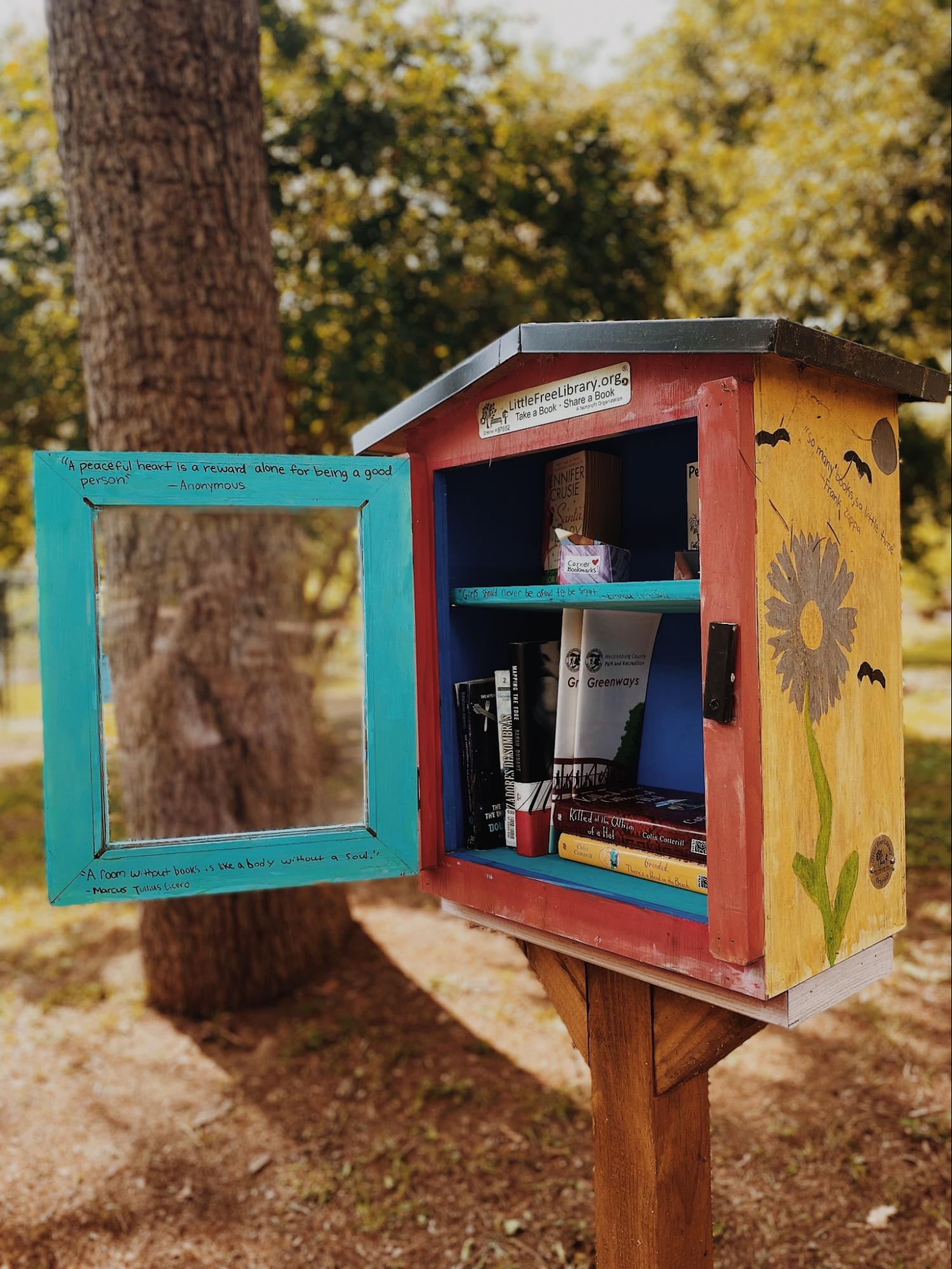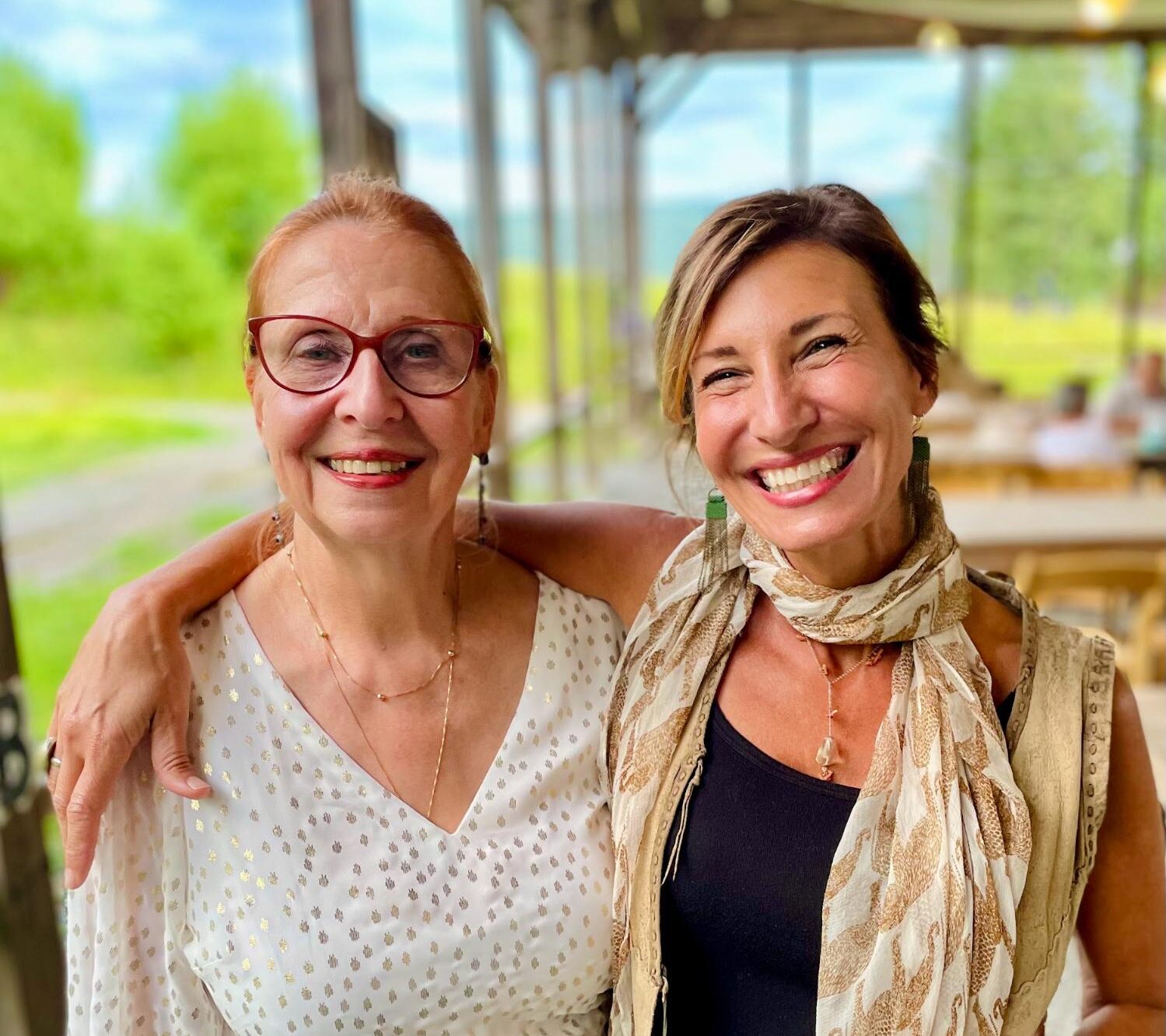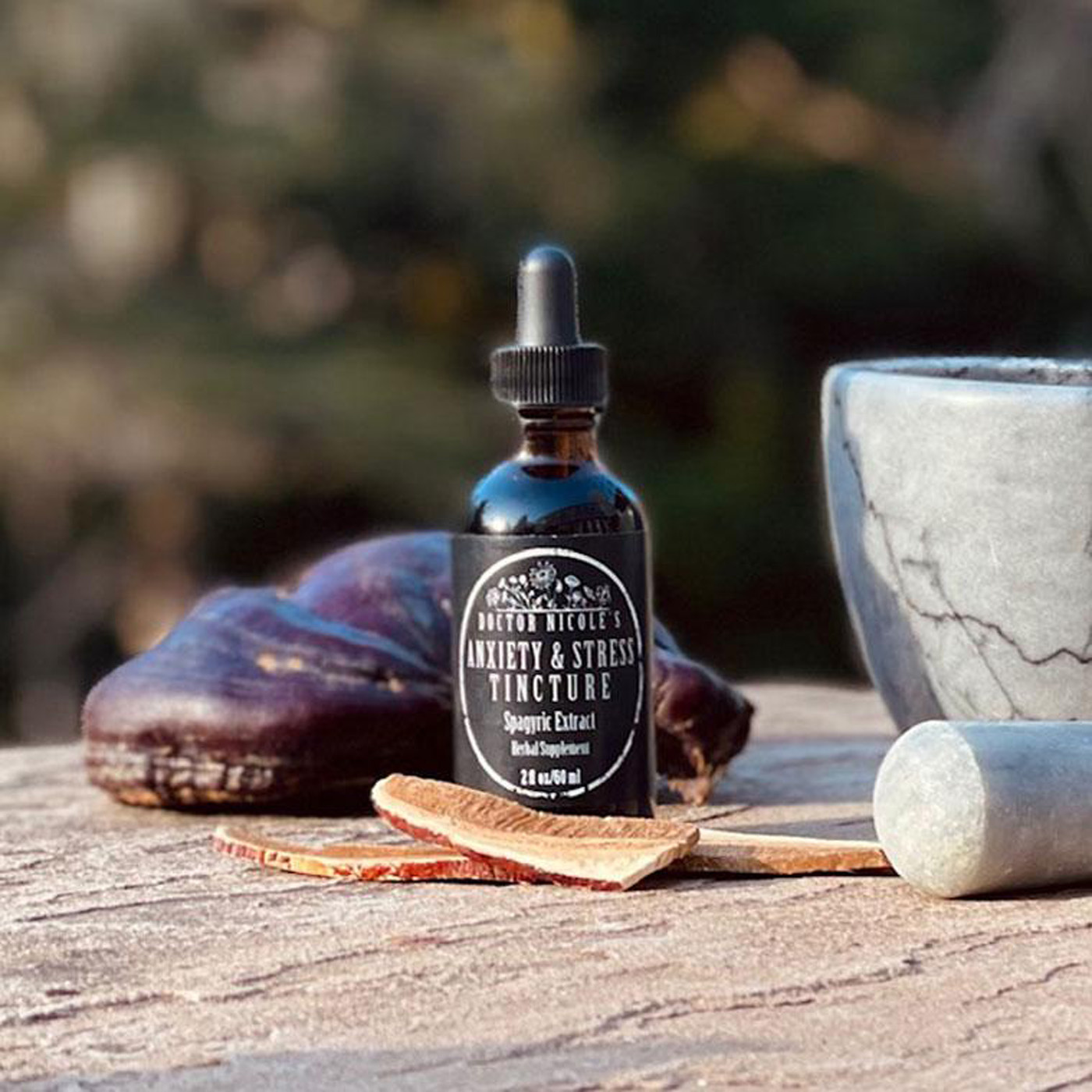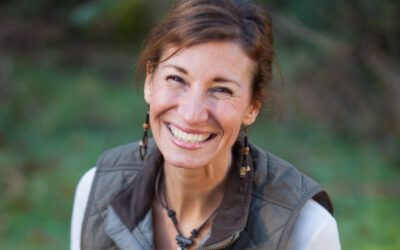Kindness is Crucial
Mark your calendars, World Kindness Day is set to arrive in exactly one month on November 13, 2023. And Random Acts of Kindness Week will begin shortly thereafter on February 11th, 2024. Why is this important? Because kindness matters much more than you would think — for both your health and well-being and for others. And having special days set aside each year also helps us to remember the importance of being kind. Of course, being kind isn’t limited to a set day and time — it’s available 24/7. But for many of us, it is helpful to have a little nudge so that we are inspired to deeply develop this skill. But first, let’s have a look at the research that explores why kindness is crucial for health and well-being, as well as creative ideas for how to bring more kindness into the world for everyone’s benefit, including yours.

The Surprising Consequences of Kindness
For years, scientists who study kindness have known that it can improve well-being not just for the receiver, but for the one who is sharing it.1 It also boosts the mood of both.2 But that’s not all. Acts of kindness also have been shown to “increase self-esteem, empathy and compassion, and improve mood. It can decrease blood pressure and cortisol, a hormone directly correlated with stress levels. People who give of themselves in a balanced way also tend to be healthier and live longer.”3 In fact, studies have shown that practicing a loving-kindness meditation for a mere 12 weeks can protect your DNA telomeres and slow the aging process.4
As if that wasn’t enough reason to adopt the habit, being kind reduces stress, which in turn is helpful for cardiovascular health and can assist with maintaining a healthy weight. It also boosts the feel-good neurotransmitters dopamine, oxytocin, and serotonin. Additionally, annoyance and irritation, along with anxiety, depression, and post-traumatic stress disorder are reduced.5 Simply put, people are happier and healthier when they are kind. What’s not to love?
And it doesn’t take time-intensive acts of kindness, such as volunteering at a soup kitchen, to experience the benefits. Something as small as purchasing a coffee for a stranger has been shown to lower inflammation in the giver.6 Clearly, our underlying intention is to be beneficial to others, but I find it fascinating that true kindness can have such a profound impact on the giver as well. So why aren’t we kind more often? It may not be for the reason you think.
According to the Scientific American article, “Kindness Can Have Unexpectedly Positive Consequences”, psychologist Amit Kumar notes:
” [For the experiment,] it was clear that performers undervalued their impact: recipients felt significantly better than the kind actors expected. The recipients also reliably rated these acts as “bigger” than the people performing them did. … Missing the importance of warmth may stand in the way of being kinder in daily life. People know that cupcakes can make folks feel good, to be sure, but it turns out that cupcakes given in kindness can make them feel surprisingly good. If people undervalue this effect, they might not bother to carry out these warm, prosocial behaviors.”

A Kindness Revolution
So how can we be more kind to those in our family, at work, and in our communities? While some may seem to effortlessly orient themselves in this way, it is certainly a skill that can be learned by anyone. The most important aspect is to practice kindness consistently even when it may be the last thing on your mind — truth be told, we all have those “dark cloud” days now and again. But this is when it is most crucial as it will help to rewire your brain toward kindness, no matter what the circumstance.
Here are a few ideas to jumpstart your own “kindness revolution”, courtesy of The Random Acts of Kindness Foundation9:
- Donate a book to a neighborhood little library
- Brush up on your active listener skills — and use them often
- Be a friend to a lonely neighbor
- Challenge yourself to only post positive and encouraging comments online
- Cook a meal for a neighbor, friend, or someone who is facing challenges
- Leave a treat and cool drink for your delivery driver and postal carrier
- Ship a care package to someone who is away from friends and family
- Buy a meal for a shelterless person and listen to their story
- Be kind and caring to a person who is difficult
- “Pay it forward” — whether it is a cup of coffee, a meal, or bridge toll fare
- Set aside a space in your vegetable plot as a “giving garden” for donating produce to shelters, churches, and neighbors.
- Sponsor a Thanksgiving and/or Christmas meal for a struggling family
- Visit a rest home or veterans center and get to know the residents
- Smile at those you encounter today
Nicole Apelian
Nicole’s Apothecary Products in this Post
References
- Chancellor, J., Margolis, S., Jacobs Bao, K., & Lyubomirsky, S. (2018). Everyday prosociality in the workplace: The reinforcing benefits of giving, getting, and glimpsing. Emotion (Washington, D.C.), 18(4), 507–517. https://doi.org/10.1037/emo0000321
- Dunn, E. W., Aknin, L. B., & Norton, M. I. (2008). Spending money on others promotes happiness. Science (New York, N.Y.), 319(5870), 1687–1688. https://doi.org/10.1126/science.1150952
- “The Art of Kindness”, Steve Siegle, Psy.D., L.P.C. Mayo Clinic Health System, August 17, 2023. https://www.mayoclinichealthsystem.org/hometown-health/speaking-of-health/the-art-of-kindness
- Le Nguyen, K. D., Lin, J., Algoe, S. B., Brantley, M. M., Kim, S. L., Brantley, J., Salzberg, S., & Fredrickson, B. L. (2019). Loving-kindness meditation slows biological aging in novices: Evidence from a 12-week randomized controlled trial. Psychoneuroendocrinology, 108, 20–27. https://doi.org/10.1016/j.psyneuen.2019.05.020
- Graser, J., & Stangier, U. (2018). Compassion and Loving-Kindness Meditation: An Overview and Prospects for the Application in Clinical Samples. Harvard review of psychiatry, 26(4), 201–215. https://doi.org/10.1097/HRP.0000000000000192
- Nelson-Coffey, S. K., Fritz, M. M., Lyubomirsky, S., & Cole, S. W. (2017). Kindness in the blood: A randomized controlled trial of the gene regulatory impact of prosocial behavior. Psychoneuroendocrinology, 81, 8–13. https://doi.org/10.1016/j.psyneuen.2017.03.025
- “The Science of Kindness” Cedars Sinai Blog, February 13, 2019. https://www.cedars-sinai.org/blog/science-of-kindness.html
- “Kindness Can Have Unexpectedly Positive Consequences” Amit Kumar, Scientific American, December 12, 2022. https://www.scientificamerican.com/article/kindness-can-have-unexpectedly-positive-consequences/
- The Random Acts of Kindness Foundation. https://www.randomactsofkindness.org





